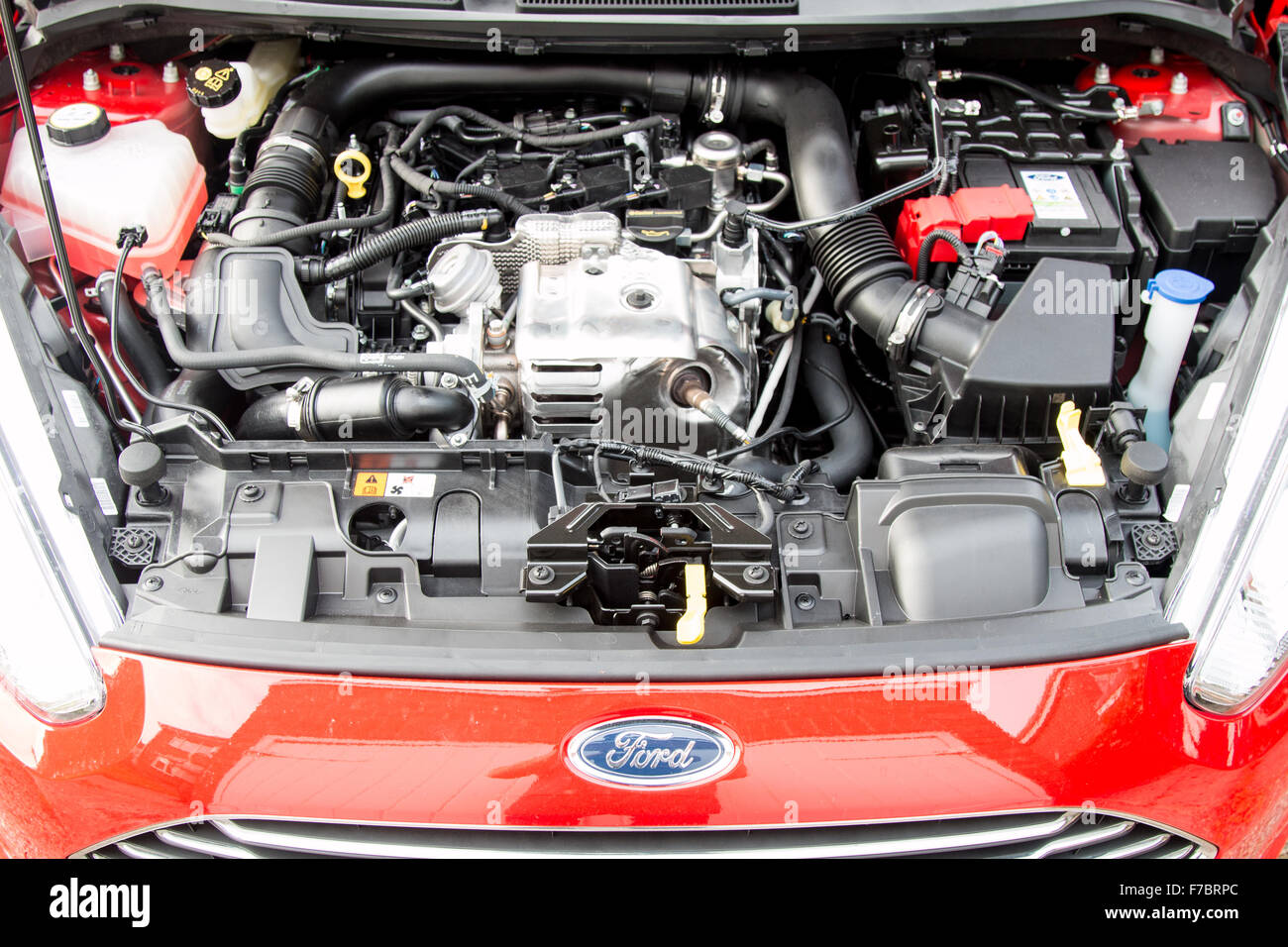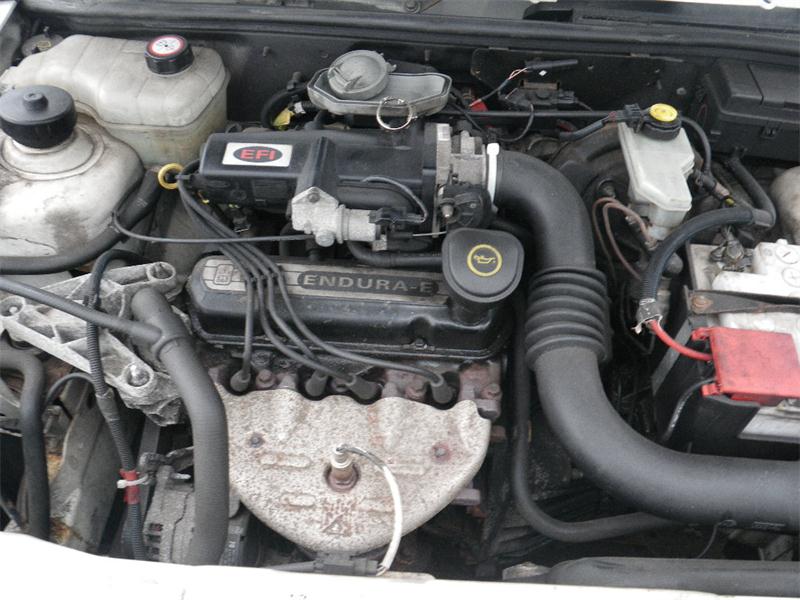Essential Services for Keeping Your Ford Fiesta Engine in Peak Condition
Unlocking the Power of Engines: A Comprehensive Overview to Efficiency and Efficiency
Understanding the complex mechanics of engines is important for both performance fanatics and everyday vehicle drivers. By analyzing crucial metrics such as horse power and torque, one can appreciate just how adjusting methods improve performance while attending to ecological concerns. Normal upkeep plays a pivotal function in maintaining optimal performance over time. As the automotive landscape changes in the direction of electrification and advanced innovations, the question arises: just how can we properly adapt to these changes while maximizing engine capabilities? The answers might redefine our approach to engine efficiency and efficiency in manner ins which are both informing and crucial.
Comprehending Engine Basics
What constitutes the fundamental mechanics of an engine? At its core, an engine is an equipment made to convert fuel right into power with a series of regulated explosions or combustion procedures. The main parts include the cylinder, piston, crankshaft, camshaft, and shutoffs. The cyndrical tube acts as the chamber where burning happens, while the piston relocates within the cylinder to convert the power from burning into straight motion (ford fiesta engine).
The crankshaft then changes this direct movement into rotational power, which eventually powers the vehicle. The camshaft regulates the opening and closing of the valves, regulating the consumption of air and gas and the expulsion of exhaust gases. Additionally, the engine relies upon a thoroughly calibrated fuel-air mixture, ignition system, and cooling down system to make sure optimal performance and efficiency.
Understanding engine essentials likewise involves acknowledging the relevance of engine cycles, such as the four-stroke cycle, that includes consumption, power, exhaust, and compression strokes. Each stage is critical in making sure the engine functions efficiently and successfully. Proficiency of these basic auto mechanics lays the foundation for exploring extra complicated engine dynamics and performance metrics, important for optimizing both power outcome and efficiency.
Trick Efficiency Metrics
Trick performance metrics are essential for reviewing an engine's performance and power result, supplying beneficial insights for both customers and producers. These metrics function as standards for engine efficiency, permitting informed choices in style, manufacturing, and investing in.
Among the key metrics is horse power, which evaluates the engine's ability to perform work over time. Torque, measured in pound-feet, is another important statistics that suggests the engine's rotational force, straight impacting acceleration and hauling capability. Gas performance, usually gauged in miles per gallon (MPG) or litres per 100 kilometers (L/100km), examines how successfully the engine converts gas into movement, impacting environmental factors to consider and operational expenses.
Furthermore, thermal efficiency procedures how well an engine transforms fuel power right into beneficial work, revealing understandings right into power losses mainly via heat. Discharge levels, consisting of CO2 and NOx, are likewise crucial, reflecting the engine's ecological effect and conformity with regulatory standards.

Tuning Strategies for Performance
Tuning techniques play a significant role in enhancing engine effectiveness by maximizing performance metrics identified in earlier conversations (ford fiesta engine). Numerous techniques exist to adjust an engine, each adding to improved gas economic climate and decreased exhausts
One reliable strategy is readjusting the air-fuel proportion, making sure the engine runs within the optimum burning program. A leaner mixture can boost fuel effectiveness, however it should be stabilized to prevent misfires or engine knock. In addition, reprogramming the engine monitoring system can rectify specifications such as ignition timing, which even more enhances performance while keeping power result.
One more important technique includes customizing the intake and exhaust systems. Upgrading to high-performance air filters and exhaust headers can decrease back stress, assisting in much better air flow. This allows the engine to breathe even more freely, leading to enhanced burning performance.
Furthermore, the implementation of advanced tuning tools, like dyno testing, offers accurate data that makes it possible for targeted adjustments. Regularly checking these efficiency metrics makes sure that tuning initiatives yield the preferred effectiveness end results. Jointly, these strategies not only strengthen engine performance but additionally add to lasting sustainability in go to my blog engine operations.
Maintenance for Ideal Performance
Normal engine upkeep is necessary for attaining ideal efficiency and long life. A well-maintained engine not just operates efficiently but additionally reduces the danger of pricey repair work and malfunctions. Trick parts calling for regular attention consist of oil, filters, belts, and ignition system.
Altering the engine oil at suggested intervals is important, as oil lubes moving components and avoids getting too hot. In a similar way, replacing oil and air filters makes sure that pollutants do not impair engine function. Disregarding these parts can result in minimized efficiency and possible engine damages.
In addition, inspecting and changing used belts and tubes is vital to avoid abrupt failings. Timing belts, particularly, should be changed according to the maker's routine to prevent tragic engine damages.
Spark connects ought to additionally be inspected and replaced as required, given that they play a vital duty in ignition and fuel efficiency.
Future Patterns in Engine Technology
Welcoming advancements in innovation, the future of engine design is positioned to transform performance and effectiveness throughout numerous applications. Hybrid and fully electrical powertrains are ending up being significantly traditional, using decreased emissions and enhanced gas efficiency.
Moreover, advancements in materials science are leading to lighter, stronger parts that improve engine efficiency while lowering energy usage. Advanced manufacturing methods, such as 3D printing, permit the creation of complicated geometries that enhance air flow and thermal management, hence optimizing burning procedures.
Furthermore, the integration of expert system and artificial intelligence is readied to transform engine diagnostics and performance adjusting. These modern technologies can evaluate vast amounts of information in actual time, enabling anticipating upkeep and tailored performance improvements.
Verdict
In conclusion, opening the power of engines calls for a thorough understanding of their technicians and efficiency metrics. Implementing efficient tuning techniques and adhering to routine maintenance methods considerably boost engine capacities.
Furthermore, the engine depends on a very carefully calibrated fuel-air mix, ignition system, and cooling system to make sure optimal performance my review here and efficiency.
Recognizing engine essentials additionally includes identifying the relevance of engine cycles, such as the four-stroke cycle, which includes consumption, compression, exhaust, and power strokes. Proficiency of these basic mechanics lays the foundation for exploring extra complex engine characteristics and performance metrics, have a peek at this website crucial for optimizing both power output and effectiveness.

Welcoming innovations in modern technology, the future of engine design is poised to revolutionize performance and efficiency throughout numerous applications.